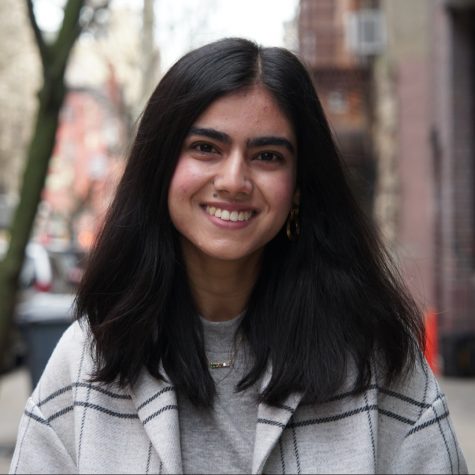JUUL-Addicted NYU Braces for Federal Crackdown
September 19, 2018
Editor’s note: Students quoted in this article were granted anonymity because they are under the age of 21, the legal age to purchase e-cigarettes in New York City.
In response to the growing prevalence of vaping among teenagers, the U.S. Food and Drug Administration last Wednesday issued a warning requiring electronic cigarette manufacturers to prove within 60 days that their devices are not marketed toward minors. If manufacturers fail to do so, the FDA threatens to ban certain e-cigarettes, such as JUUL, from the market.
A 2016 Surgeon General’s report first captured the rise in vaping among minors. Some experts worry that e-cigarettes companies are putting out flavors trying to appeal to a younger audience, such as mango and creme brulee, which can serve as a gateway to smoking tobacco products.
E-cigarettes, particularly JUUL, are ubiquitous at NYU. Students can be found vaping while walking between classes, in dorms and at parties. Some underage NYU students — the legal smoking age in New York City is 21 — started before they came to college.
One LS first-year who uses a JUUL said they would likely quit vaping if JUUL goes off the market.
“My JUUL has been dead for four days now and I’ve been fine, so if any regulations happen and [vendors] stop selling them, I think I’ll just stop smoking,” the first-year said.
Older NYU students who vape do not plan to stop and are unfazed by the FDA’s warnings.
“Since I’m turning 21 soon, it’s not a big deal to me since I can anyway [sic] just get whatever I need at this point,” a CAS junior said.
A Stern graduate student who identified only as Chris feels similarly indifferent about the warning.
“I used to smoke cigarettes, and I started vaping to stop smoking,” Chris said. “It doesn’t really bother me if any regulations or bans happen.”
Meanwhile, some e-cigarette vendors believe further regulation could hurt adults trying to quit smoking.
“It’s an all-encompassing excuse to ban vaping as a whole,” said Farok, a salesperson at Smoking Culture NYC & Vape Bar, a smoke shop near NYU. “Flavors do help adults transition and eventually quit nicotine.”
In recent months, the U.S. government has taken closer aim at e-cigarette manufacturers. The FDA opened an investigation into JUUL’s marketing practices in April and the department has begun alerting teenagers about the risks of vaping.
In spite of the government’s concerns, Farok claimed most of his customers are of legal age to purchase e-cigarettes, leading him to question whether concerns about underage vaping are warranted.
“We mainly get either ex-smokers or what we call dual-users — who are people that are trying to transition — and are still using both traditional cigarettes and vape products,” Farok added. “Out of 10, maybe 1 or 2 are minors, but we always card, so it never happens.”
The NYU Health Center declined to comment on the FDA’s recent actions.
Email Meghna Maharishi at [email protected].

























































































































































